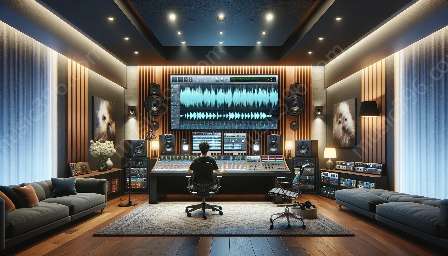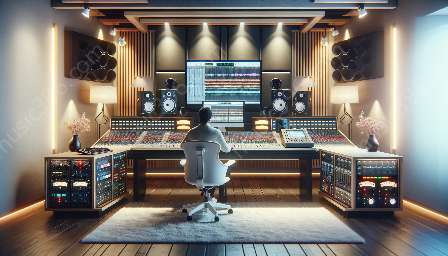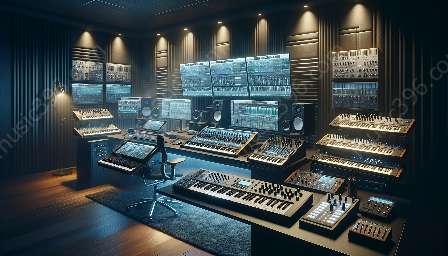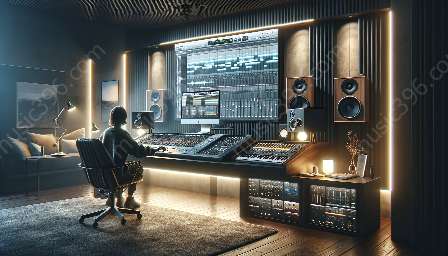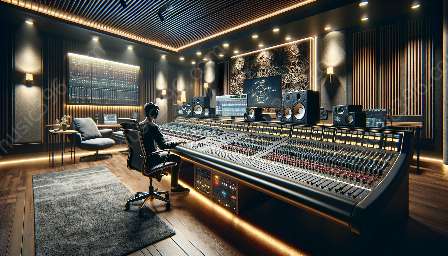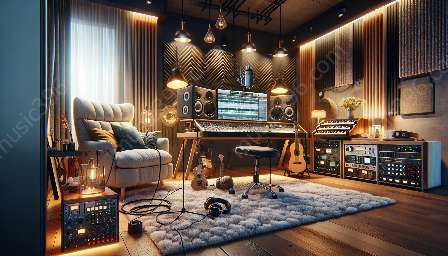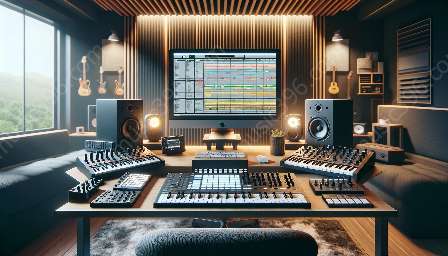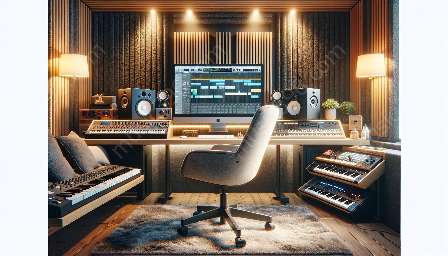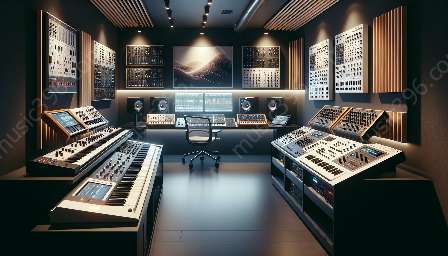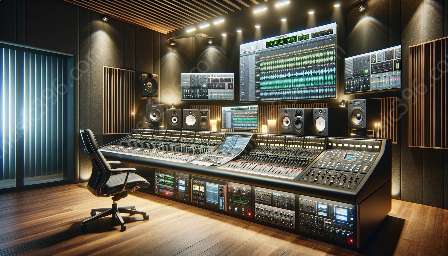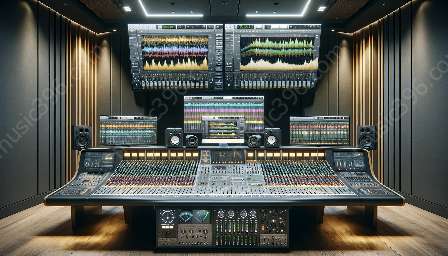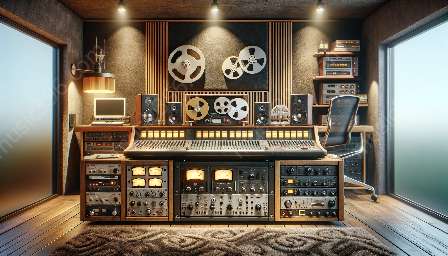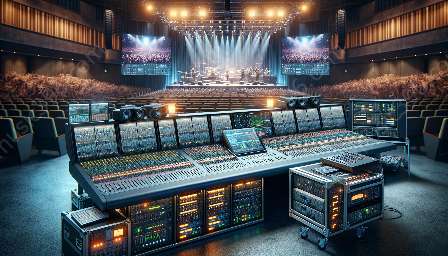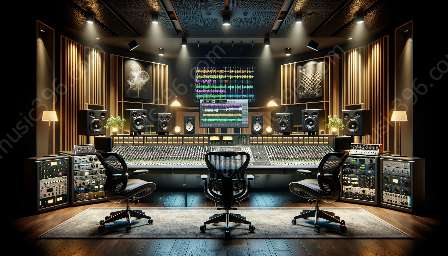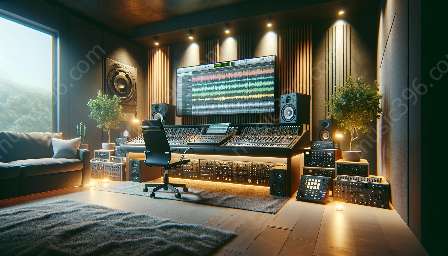Sound editors play a crucial role in the film post-production process, responsible for shaping the auditory experience that complements the visual elements of a film. In this article, we'll delve into the role and responsibilities of a sound editor in film post-production, exploring their contributions to audio post-production and audio production.
What is Sound Editing?
Sound editing is the process of manipulating and arranging audio elements to enhance the overall sound design of a film. It involves selecting, editing, and integrating various audio components such as dialogue, sound effects, music, and ambient sounds to create a cohesive and immersive sonic landscape that supports the narrative and visual elements of the film.
Role of a Sound Editor in Film Post-Production
A sound editor's role in film post-production is multifaceted, encompassing various responsibilities that contribute to the overall audio quality and storytelling of a film. Some key responsibilities of a sound editor include:
- Dialogue Editing: Sound editors are responsible for meticulously editing and cleaning up dialogue tracks to ensure clarity and continuity. This involves removing unwanted noise, adjusting levels, and synchronizing dialogue with on-screen visuals.
- Sound Effects Editing: Sound editors create, edit, and mix sound effects to enhance the auditory experience of the film. This can include designing and implementing realistic and immersive soundscapes for various environments and actions depicted in the film.
- Music Editing and Mixing: Sound editors collaborate with composers and music supervisors to edit and mix the film's score and soundtrack, ensuring that the music complements the emotional beats and thematic elements of the story.
- Ambient Sound Design: Sound editors craft ambient soundscapes that add depth and texture to the film's audio, incorporating subtle environmental sounds to create a sense of realism and immersion.
- Final Mix and Mastering: Sound editors work on the final mix of all audio elements, balancing dialogue, sound effects, music, and ambient sounds to achieve a cohesive and impactful sonic experience. They also ensure that the final audio is mastered to meet industry standards for theatrical release, broadcast, or streaming.
Collaboration in Audio Post-Production
Sound editors are integral members of the audio post-production team, collaborating closely with directors, producers, sound designers, re-recording mixers, and other audio professionals to achieve the intended sonic vision for the film. Their ability to communicate effectively and interpret the creative direction of the project is essential in delivering a cohesive and resonant audio experience.
Integration with Audio Production
While sound editors primarily operate in the realm of post-production, their work often intersects with audio production during the creation and manipulation of sound elements. They may work with recording engineers, Foley artists, and music producers to source or create audio materials that will be utilized in the post-production process, demonstrating a seamless integration across the audio production pipeline.
Conclusion
The role and responsibilities of a sound editor in film post-production are vital to the overall audiovisual storytelling of a film. Their expertise in sound editing, along with their collaborative spirit and technical prowess, enables them to shape the auditory landscape that complements and enhances the visual elements, ultimately enriching the viewer's cinematic experience.

